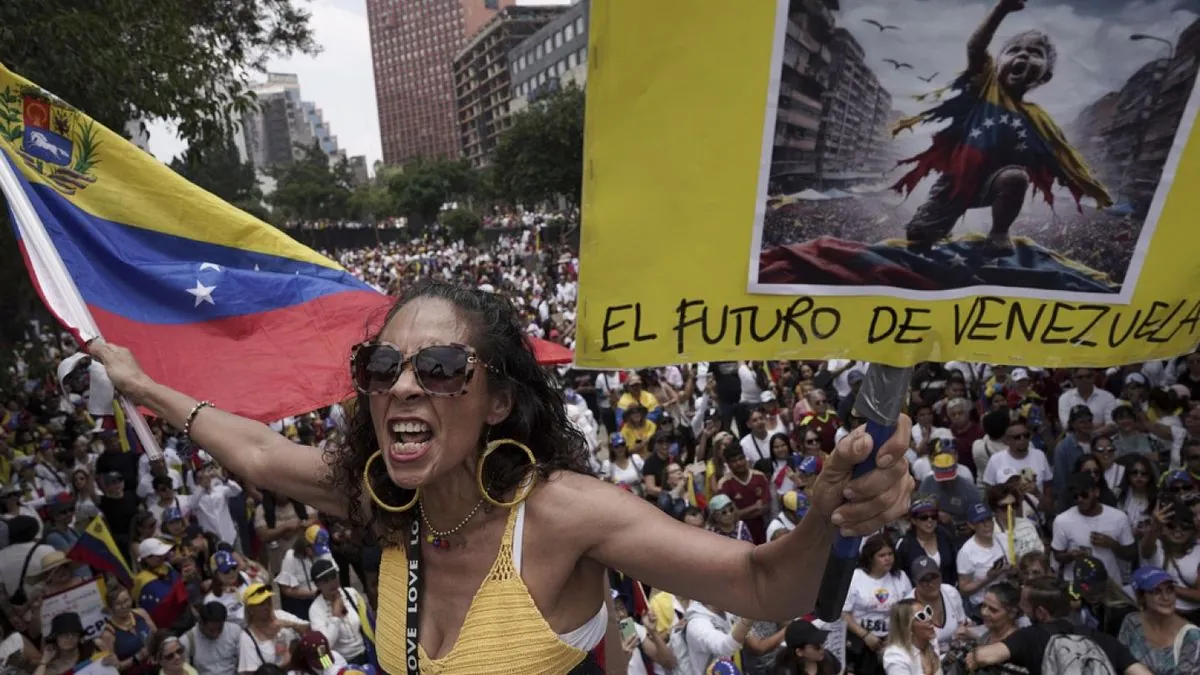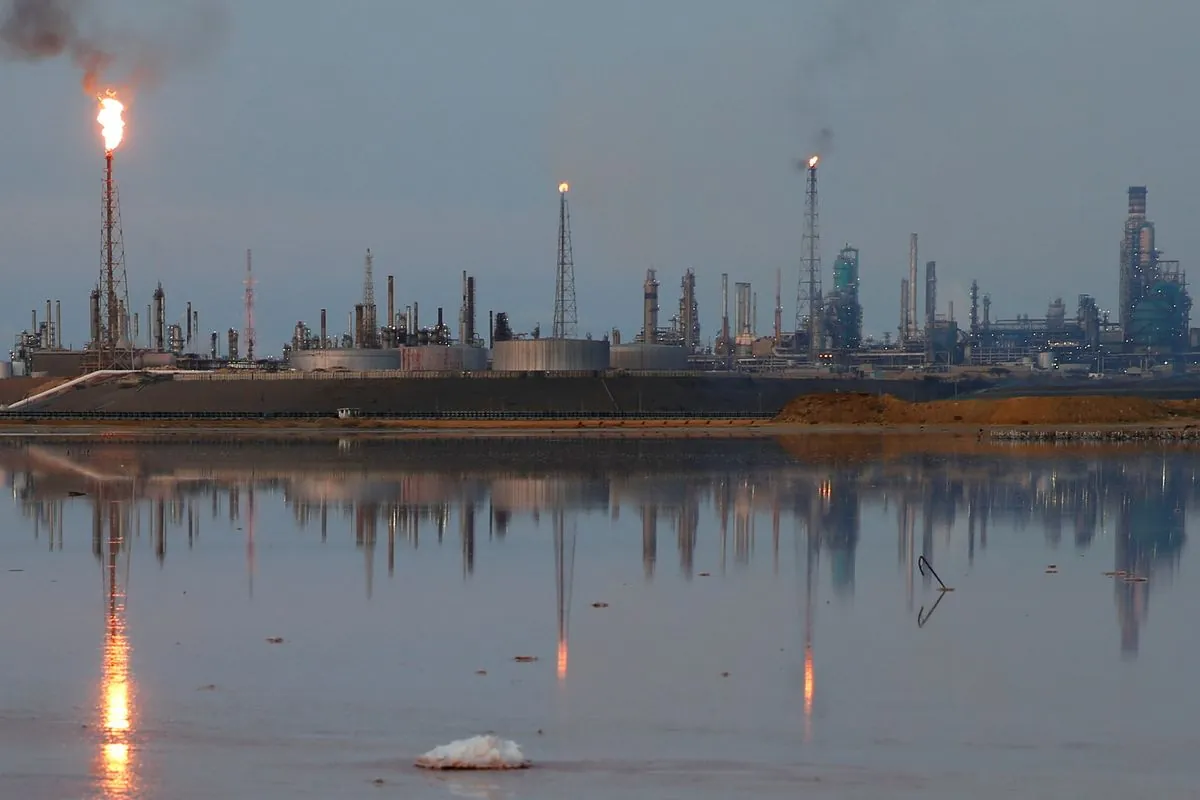Venezuela's Political Crisis Deepens as Election Winner Faces Arrest
Venezuela's political turmoil intensifies as the government issues an arrest warrant for the election victor. International community grapples with supporting democratic transition amid Maduro's refusal to concede power.

Venezuela's political landscape has become increasingly volatile, with the government issuing an arrest warrant for Edmundo González Urrutia, the victor of the July 28 presidential election. This move marks a significant escalation in Nicolás Maduro's efforts to maintain power despite losing the election.
The international community has rallied behind the opposition. The European Union, United States, and several Latin American countries have expressed support for González and called for the release of electoral results. However, these diplomatic efforts have yet to persuade Maduro to accept a democratic transition.

Venezuela, home to the world's largest proven oil reserves of 304 billion barrels, has seen its oil production increase from 735,000 barrels per day in September 2023 to 908,000 in June 2024. This growth followed the easing of sanctions, which was intended to alleviate the country's economic crisis and reduce migration.
Despite increasing repression, thousands of Venezuelans continue to protest peacefully, demonstrating their desire for change. The opposition, led by María Corina Machado, has maintained a broad coalition of support both within Venezuela and internationally.
"It is clear to the United States and, most importantly, to the Venezuelan people that Edmundo González Urrutia won the most votes in Venezuela's July 28 presidential election."
The United States has taken several actions to support the opposition, including seizing Maduro's presidential airplane and planning new sanctions on Venezuelan officials. However, experts argue that more decisive action is needed to prevent Maduro from consolidating power.
Proposed measures include:
- High-level warnings against detaining opposition leaders
- Calling for a UN General Assembly session on Venezuela
- Accelerating individualized sanctions
- Revoking licenses for oil corporations doing business with Venezuela
- Releasing sensitive information on Maduro's alleged criminal activities
- Formally recognizing González as president-elect
The situation in Venezuela has far-reaching implications. The country's ongoing crisis has led to the exodus of over 7 million Venezuelans since 2015, impacting regional stability. Additionally, Venezuela's unique ecosystems, including 43 national parks covering 15% of its territory, face challenges due to political and economic instability.
As Maduro prepares for a planned inauguration on January 10, 2025, the international community faces a critical decision. Recognizing González as president-elect could shift the dynamic, energizing the opposition and Venezuelan public at a crucial moment in the country's history.
The outcome of this political crisis will not only shape Venezuela's future but also impact regional stability, energy security, and global efforts to combat international criminality and terrorism.


































